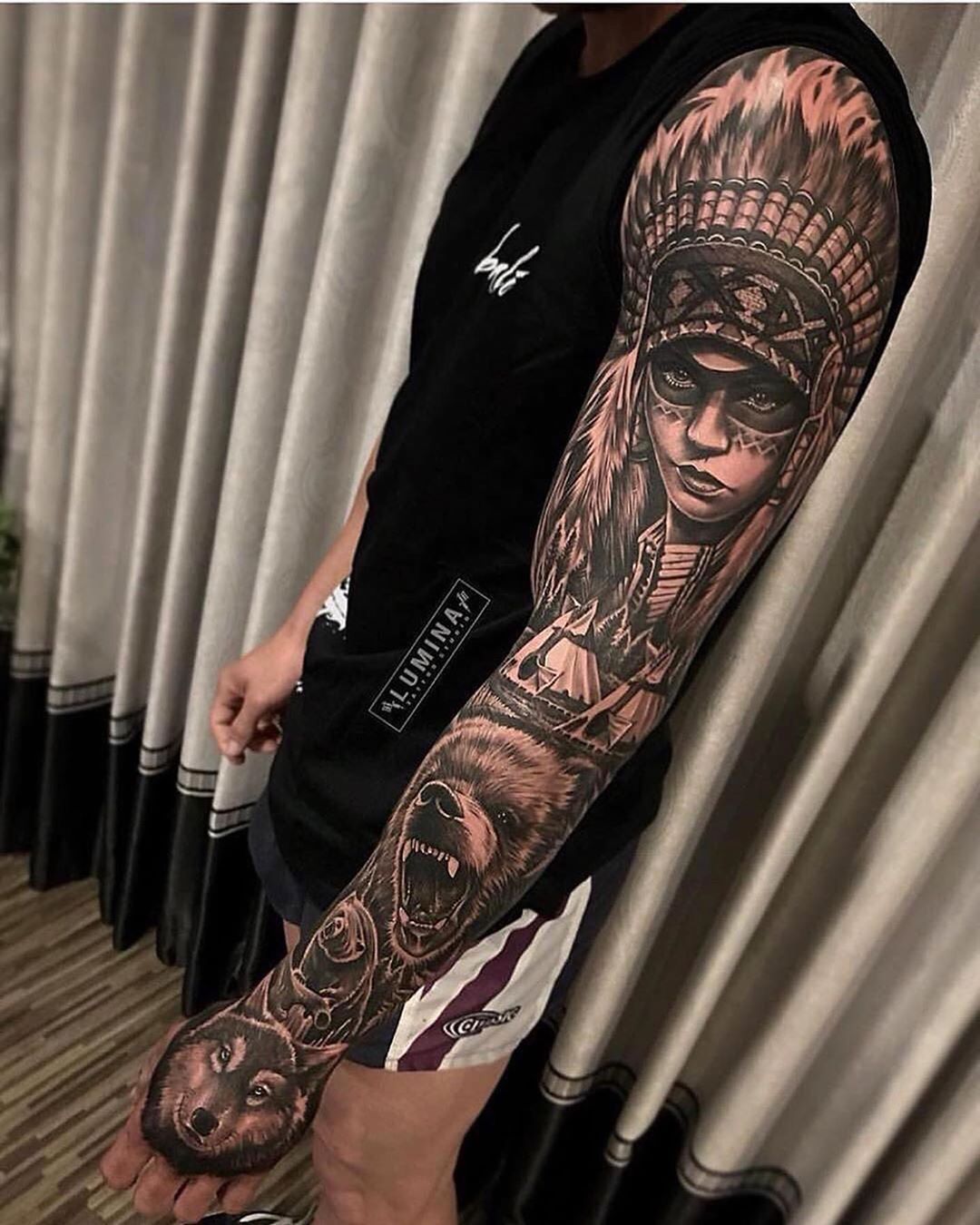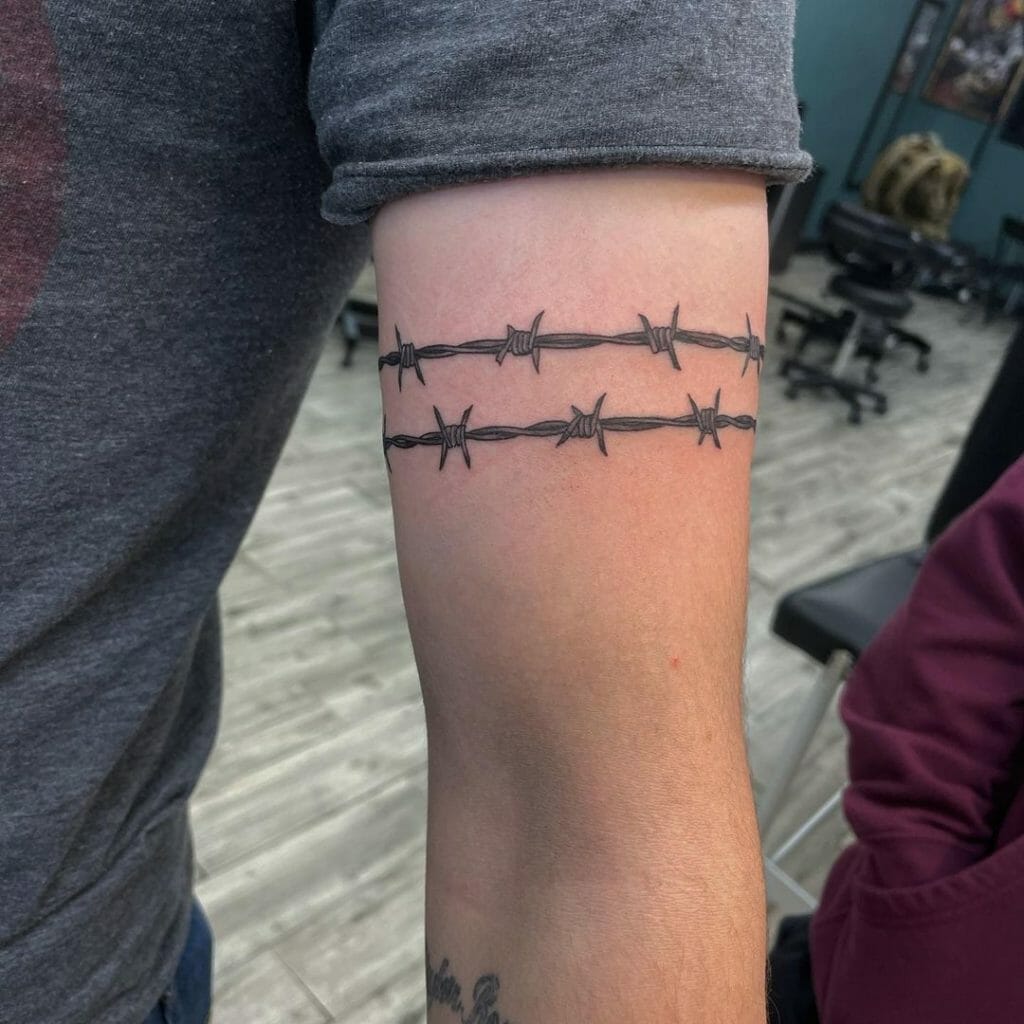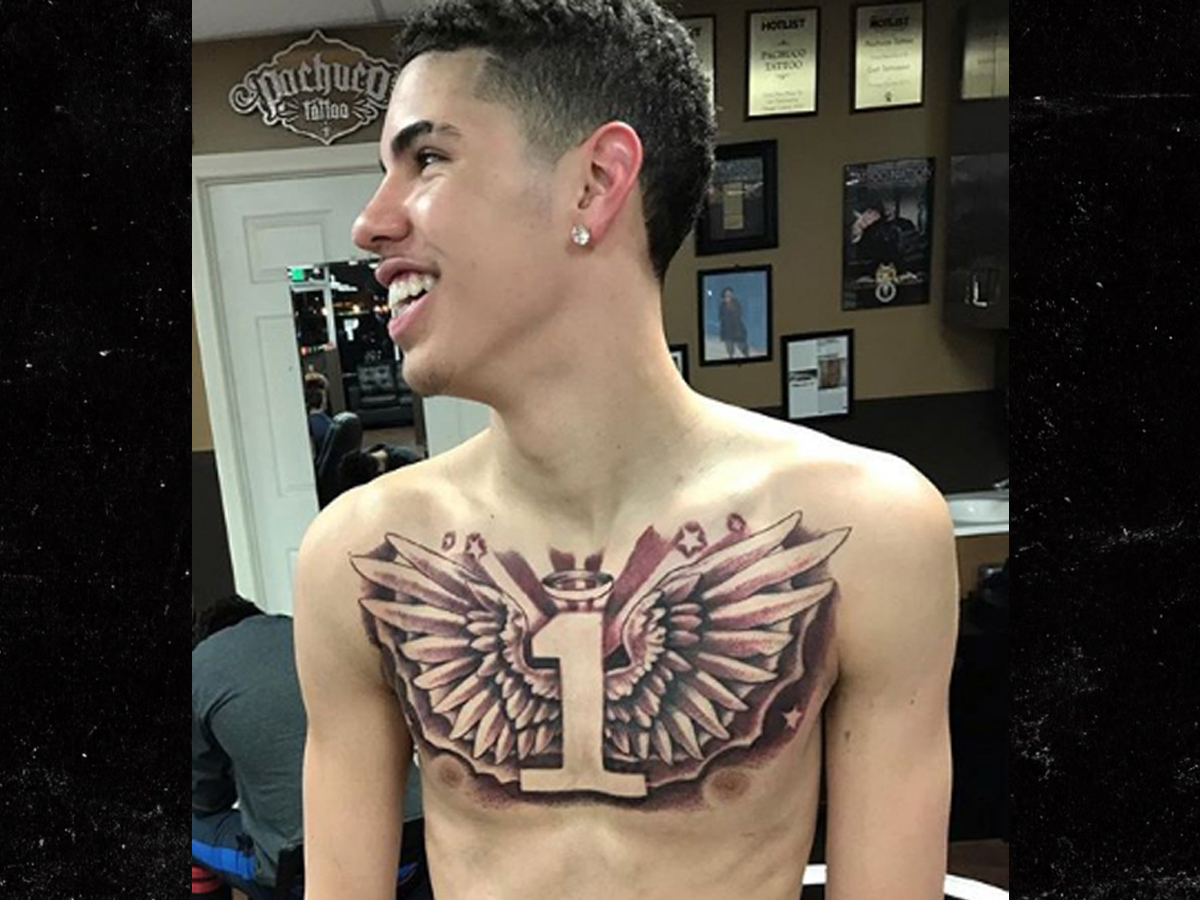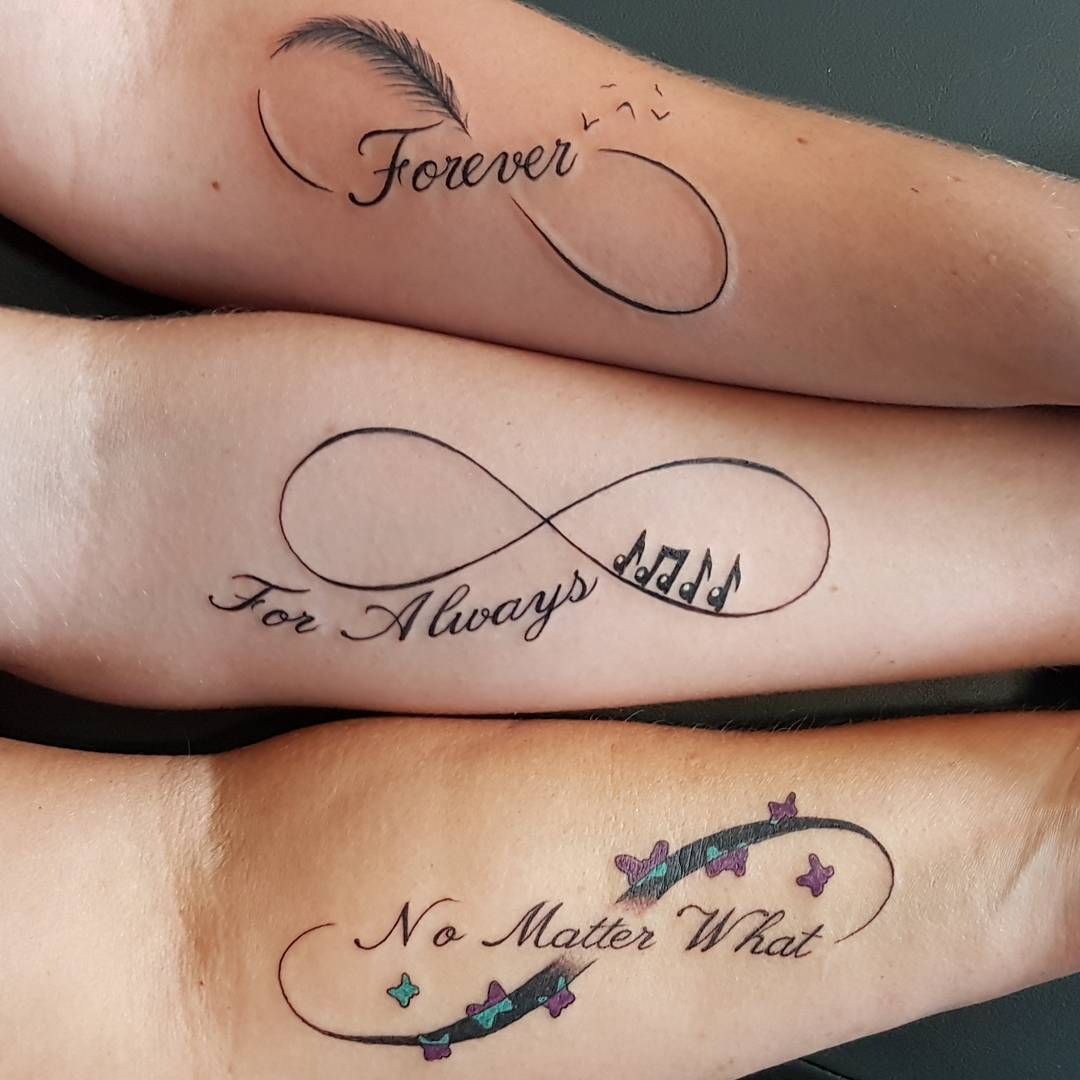Anubis Tattoo Meaning: A Symbol of Transformation and Protection

Unveiling the Mysteries of the Anubis Tattoo
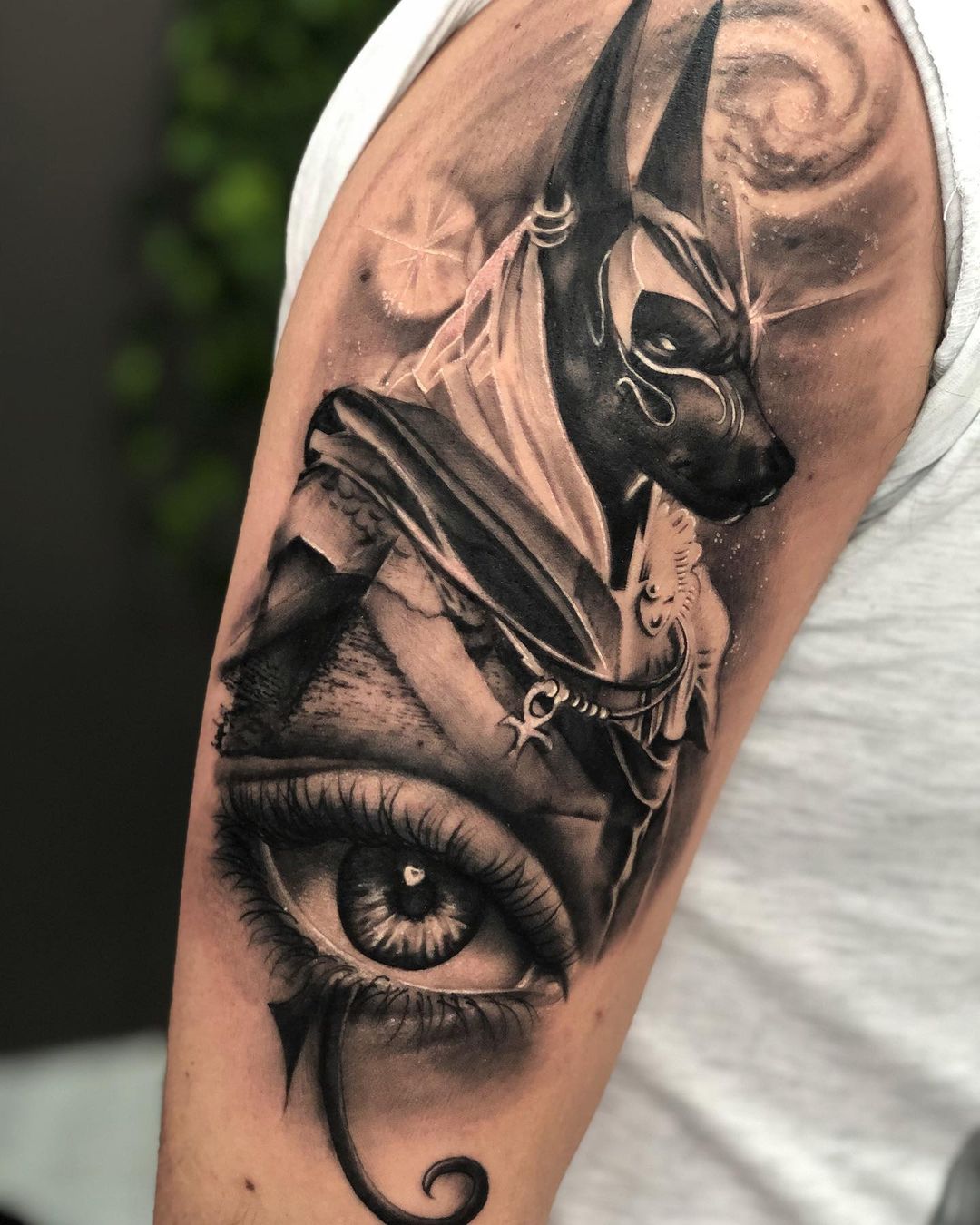
The symbolism behind tattoos has always been a powerful mode of expression, connecting us to our past, our beliefs, and our deepest personal stories. Among the myriad symbols one might choose to adorn their skin with, few carry the depth and historical weight of Anubis. This ancient Egyptian deity, often depicted with the head of a jackal, is not just a subject of art but a profound emblem of protection, transformation, and guidance in the afterlife.
The Mythology of Anubis

To understand the meaning of an Anubis tattoo, one must delve into the ancient Egyptian mythology where he plays a pivotal role. Anubis, known as Inpu or Anpu in ancient times, was the divine embalmer and the protector of graves. His association with mummification and death was not merely about the physical end but the transition to the afterlife. Here are some key aspects of Anubis:
- Guardian of the Underworld: Anubis was seen as a guide for souls, ensuring they navigated safely through the afterlife.
- Symbol of Transformation: His role in mummification was symbolic of the transformation from life to death and potentially to rebirth in Egyptian theology.
- Judge of Souls: Anubis was involved in the "Weighing of the Heart" ceremony, where a person's heart was weighed against the feather of Ma'at to determine their fate.
Anubis tattoo, in this context, isn’t just about death; it's about the journey, the preservation of the soul, and its safe passage.
Modern Interpretations

In contemporary tattoo culture, the Anubis tattoo has evolved in its significance:
- Protection: Just as Anubis protected graves, the tattoo can symbolize protection in life or from evil forces.
- Personal Transformation: Anubis can represent personal growth, overcoming challenges, or a spiritual transformation.
- Guidance: It might be a reminder of inner guidance through one’s life journey.
Many people who opt for an Anubis tattoo seek to embody these attributes or commemorate significant changes or losses in their lives.
Design Elements in Anubis Tattoos
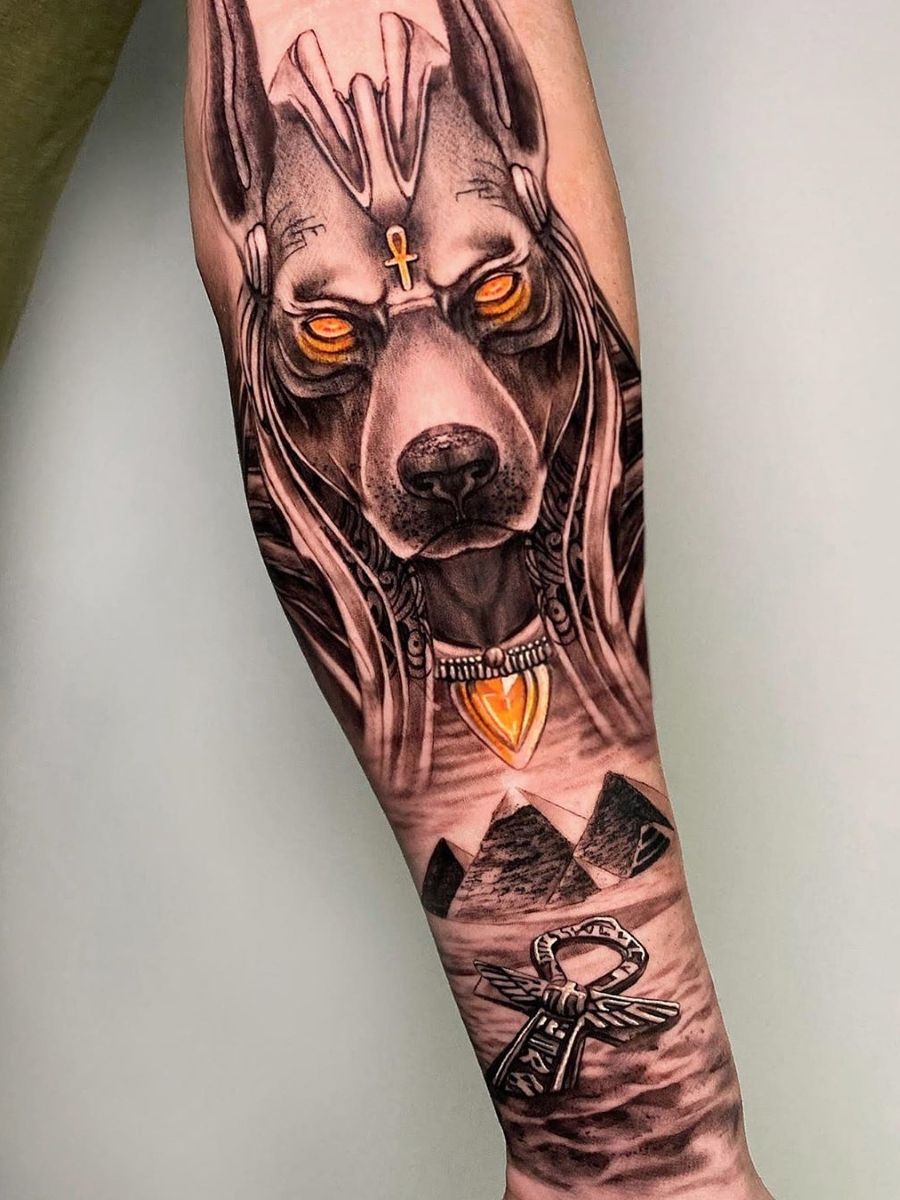
The design of an Anubis tattoo can vary greatly, but certain elements are often seen:
- Jackal Head: The most iconic feature, symbolizing his role in the afterlife.
- Scales of Ma’at: Representing justice, morality, and the balance of one's life.
- Egyptian Symbols: Such as the ankh (life), scarab (rebirth), or the Eye of Horus (protection).
- The Underworld Journey: Imagery might include scenes of the journey through the Duat.
| Element | Symbolism |
|---|---|
| Jackal Head | Death, afterlife, protection |
| Scales of Ma'at | Judgment, balance |
| Ankh | Life, immortality |

🎨 Note: When choosing your Anubis tattoo, consider how these elements reflect your personal journey or beliefs for a meaningful and deeply personal design.
Cultural Resonance in Tattoos
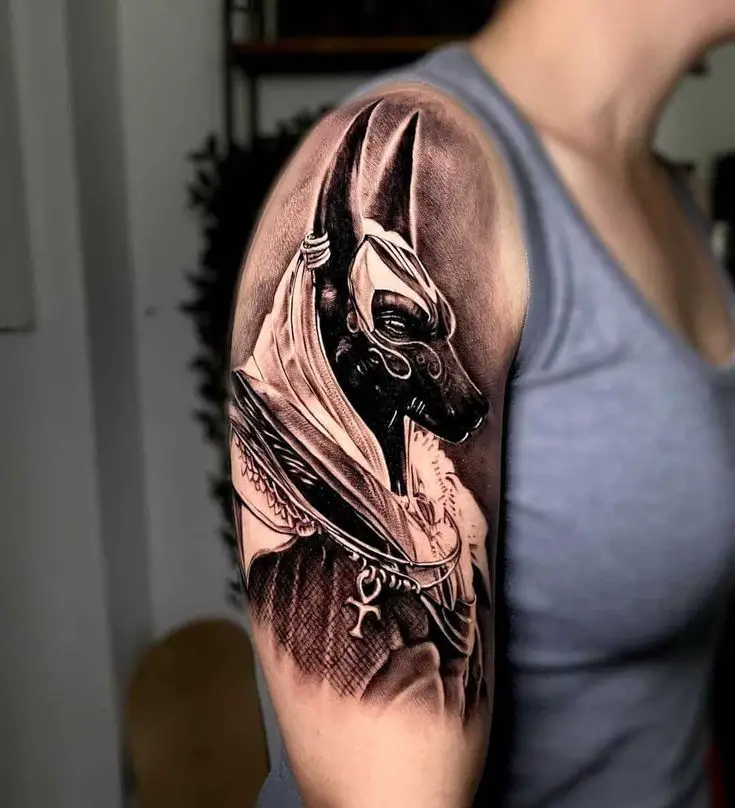
While Anubis tattoos have roots in ancient Egypt, their resonance in modern tattoo culture goes beyond this historical context:
- Personal Identity: Individuals might use this tattoo to represent their own journey or identity, much like how ancient Egyptians viewed Anubis as a personal guide.
- Artistic Fusion: Anubis often gets incorporated into more modern, stylized artwork, blending ancient iconography with contemporary tattoo art styles.
The tattoo transcends time, merging historical respect with modern individual expression.
Wrapping Up
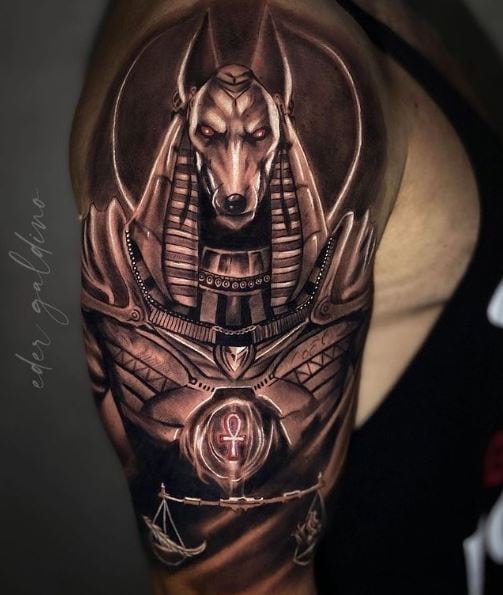
An Anubis tattoo is more than just ink on skin; it's a piece of living art that carries with it the weight of millennia-old beliefs and the personal stories of those who wear it. From its ancient role as a guardian of the dead to its modern interpretation of personal transformation, protection, and guidance, Anubis continues to captivate those looking to ink their life's narrative onto their bodies. Whether through the image of his iconic jackal-headed figure, the scales of Ma'at, or other related symbols, this tattoo embodies the eternal dance between life, death, and the continuous journey of the soul.
What are the most common designs for Anubis tattoos?

+
Anubis is often depicted with a jackal head, scales of Ma’at, Egyptian hieroglyphs, or scenes from his journey through the underworld.
Can I get an Anubis tattoo if I’m not Egyptian?

+
Absolutely, tattoos are a form of personal expression, and the symbols of Anubis resonate with many outside of Egyptian culture.
Is Anubis tattoo only for men?

+
Anubis tattoos are for everyone. Gender doesn’t limit the symbolism or the desire to wear such a powerful symbol.
What does an Anubis tattoo say about a person?

+
It might suggest someone who values transformation, has a spiritual or metaphysical bent, or identifies with themes of death and rebirth.
How should I care for a new Anubis tattoo?
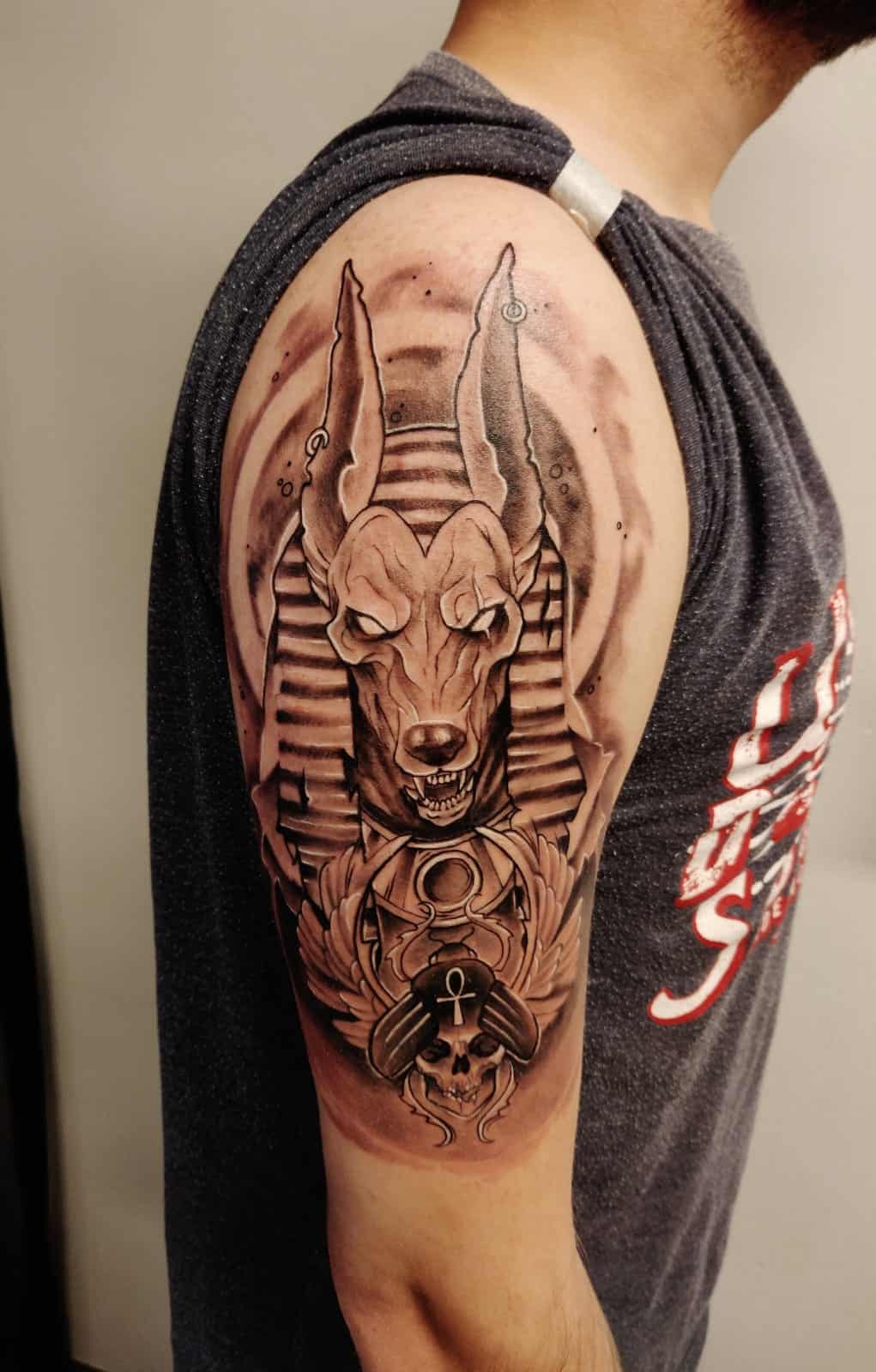
+
Follow general tattoo aftercare: keep it clean, moisturize with unscented lotion, avoid sun exposure, and let it heal for several weeks.
